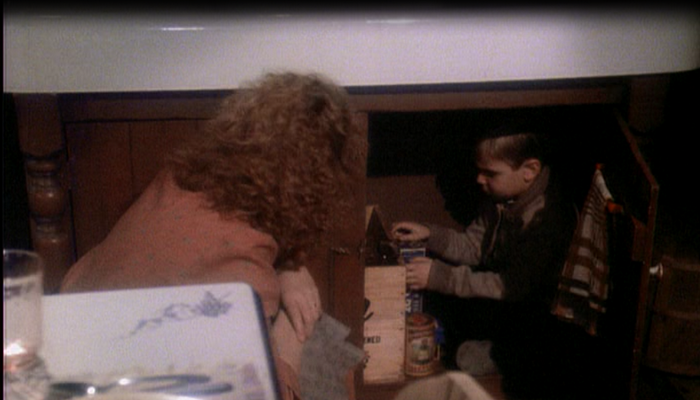
Sometimes we need to stop and ask ourselves, “Why do I discipline my child?”
We’re supposed to discipline, right? Surely, we’re supposed to teach our kids the right thing to do? We need to make sure that our children behave, aren’t we?
Well, yes… and no.
Discipline is NOT the most important thing that parents do for their children. Nurturing is where we need to keep our focus. Our kids need to exercise their abilities and then have a place to rest and recover. Much like an athlete works out and then rests and receives the nourishment they need to heal.
Discipline is NOT the most important thing that parents do for their children.
Make no mistake though, discipline is a major part of nurturing someone; your child, your pet, you. Discipline is vital. It teaches us what to do and when to do it. If the athlete did not know how or when to exercise, they would not advance.
When we discipline our children as part of a broader context of helping them be the best person they can be, our disciplines are short, effective, and, most importantly, communicate that we love the child. I am more concerned with the child learning the lesson. If there is a hint of anger on the adult’s part, the child will remember that and forget the lesson most of the time.
One thing we know about little ones is that they want to please their caregivers. They are easily upset when they think their parents will be angry. Remember “A Christmas Story” when Randy is under the sink after Ralphie’s fight, “Daddy’s gonna kill Ralphie!” Thankfully a glass of milk was all he needed to recuperate.

This makes kids prone to uncertainty when they do wrong. If there is a question about their parents’ love, they will focus on it. Whatever discipline you give needs to be given calmly and with reassurance that you are trying to help them remember to do the right thing.
Around ages 9 or 10 it is a good idea to begin including the child in the discipline process. After discussing the problem with their behavior, ask them what they think an appropriate discipline would be. First, you will learn quickly what a child’s self-esteem is like, the more severe the punishment the more severe the outlook. Second, you begin building up their skills to discipline themselves.
Our goal in discipline is not to raise a disciplined child but rather a self-disciplined child.
Our goal in discipline is not to raise a disciplined child but rather a self-disciplined child. Ideally, they will not need anyone else to help them figure out what to cut out of their lives but will be equipped with the virtues of self-discipline, wisdom, and moderation. Realistically, we need a partner but the more we are able to do it ourselves, the better off we will be.
The goal of parenting, though, is not to simply raise a self-disciplined person. Instead, we are trying to raise an individual that pursues growth so that they can help others.
